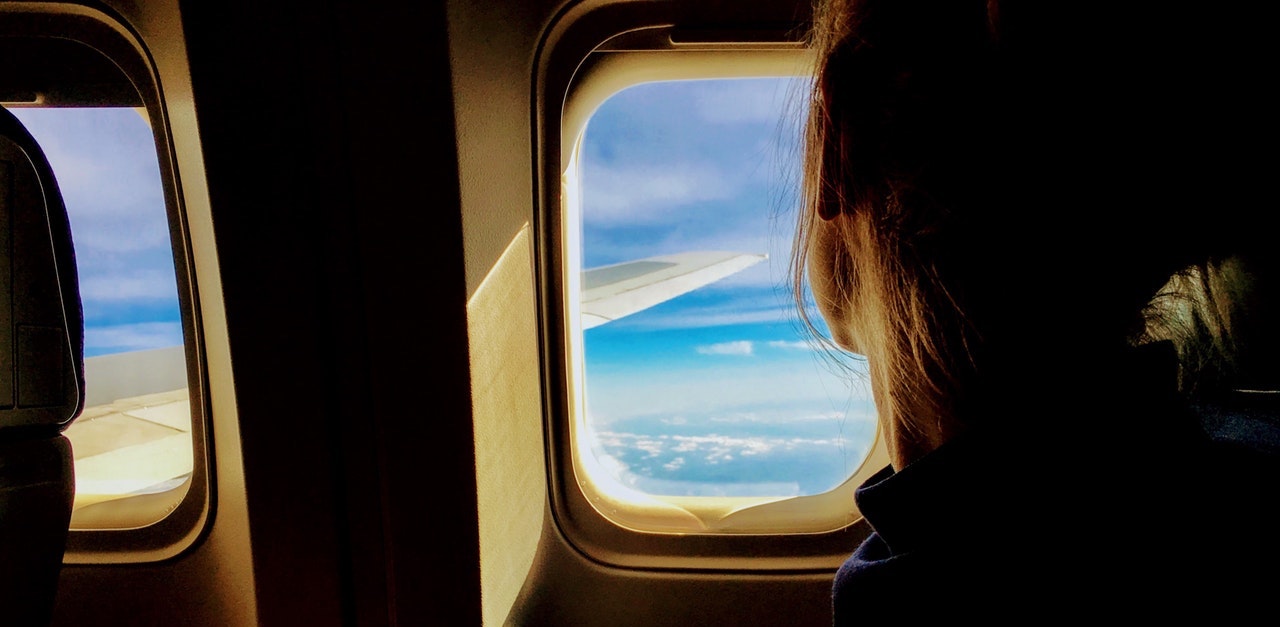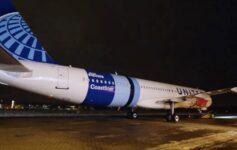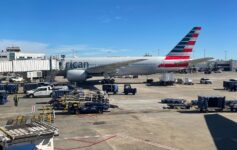Airlines are bumping passengers at the lowest rate on record according to a new report by the U.S. Department of Transportation.
The agency, which first began tracking involuntary denied boarding rates in 1995, reported that U.S. carriers denied boarding at a rate of 0.44 fliers per 10,000 passengers between April and June. That’s well below 0.62 per 10,000 passengers reported for the previous quarter. The previous lowest record had been set in 2002 (0.50 per 10,000).
United Airlines Bumps Way Down
A United spokesman provided the following startling stats–
- April IDBs – 957
- May IDBs – 61
- June IDBs – 46
If you recall, the Dao incident occurred during the second week in April.
Is that remarkable restraint in inventory management or fruits of the new denied boarding protocol?
Recall that United will now offer passengers compensation up to $10,000 for giving up a seat, an exponential increase over the prior ~$600-800 upper limit (usually much lower).
> Read More: United Airlines Reveals Major Policy Changes
Southwest No Longer Oversells Flights / JetBlue Never Did
Southwest announced in May that it would no longer oversell flights. Nevertheless, it reported a bump rate of 0.64 per 10,000 passengers from April – June 2017. Last year during the same period, the rate was 1.07.
JetBlue proudly claims it has never oversold a flight since its inception. Its IDB rate fell from 0.91 during the April – June quarter in 2016 to 0.04 this year. Why a rate above zero if it never oversells? Aircraft swaps.
JetBlue stated–
The numbers in the D.O.T. reports reflect rare instances when our larger A321 aircraft were changed to smaller aircraft to accommodate unplanned operational needs.
CONCLUSION
Overselling flights keeps fares low. I’m thankful that some airlines continue to (conservatively) oversell. But I am also heartened to see such a stark reduction in IDBs, especially at United. It appears the Dao incident may be responsible.





Oversell is a bit ridiculous. Airlines provide means of transport from point A to point B. Passenger paid the cost of transport. When passenger already paid, how come the airline have the right to refuse service while already receiving payment for the said service? The terms and conditions of carriage overruled the main clause of the contract itself. Accepting the payment but expecting some of those who paid didn’t take the service can be catogorized as badfaith, IMO.
It’s not ridiculous, it’s a tradeoff. The terms and conditions of carriage have always been clear, and airlines do not simply take payment and refuse transport, compensation is expected and legally required.
The tradeoff is, as Matthew pointed out, that many more flights that would have otherwise been full will depart with a small number of seats open since load factors and no-shows have to be estimated. This means tickets will inevitably get slightly, but noticeably, procier on many routes. I for one am happy to pay an extra 10 or 20 bucks of airfare to know I will almost certainly not get bumped off a flight (I also try and keep elite status on my preferred airlines for exactly that reason). There are many people who may not be happy to pay this however, and they will now have to accept this as the cost of reducing IDB numbers.
Well, there’s always reasons to legalize what would otherwise classify as unlawfull act.
Oh yeah, congratulations on your elite airline status! Since because of it, you have less to worry for being bumped and happy for lower price of ticket. What else can you say about you?